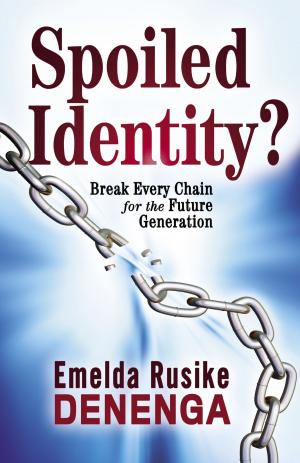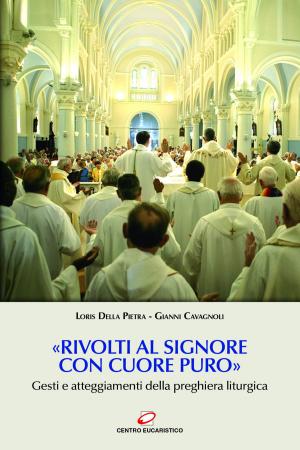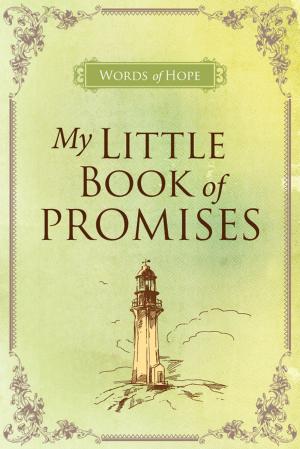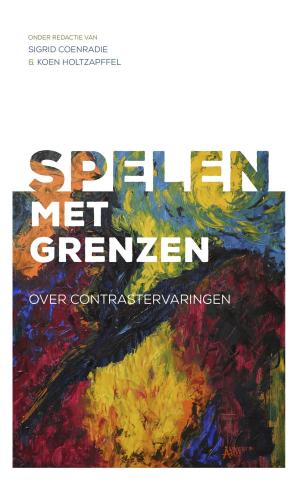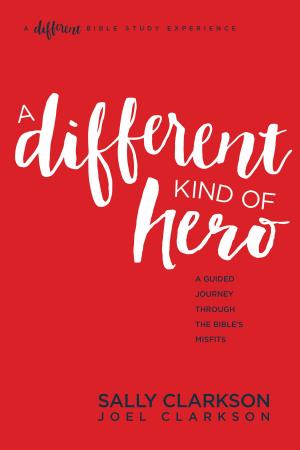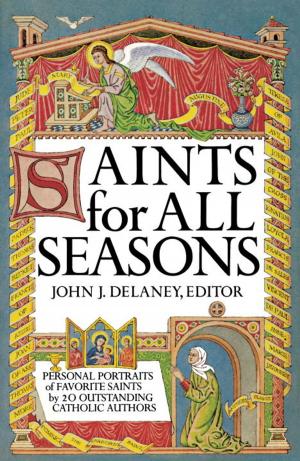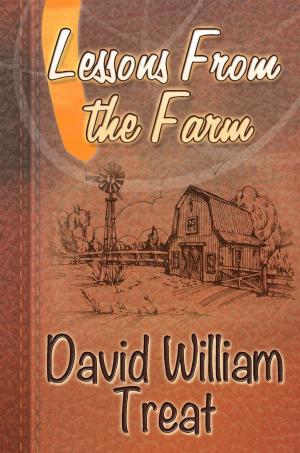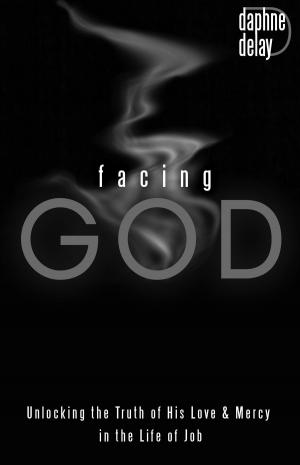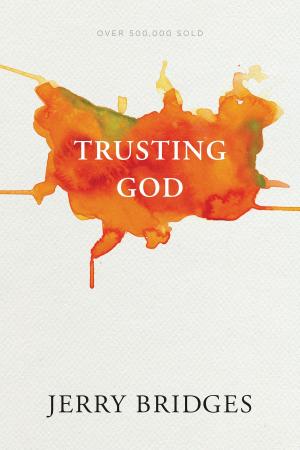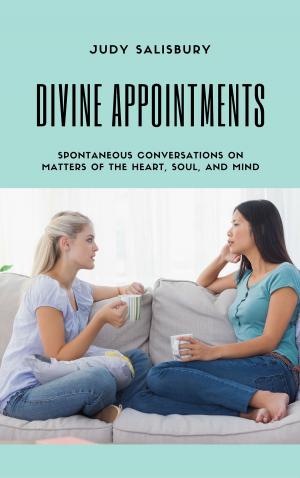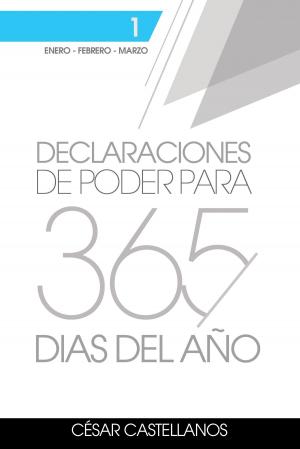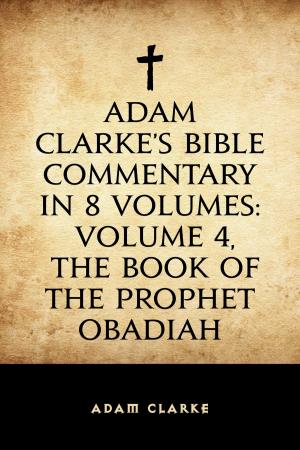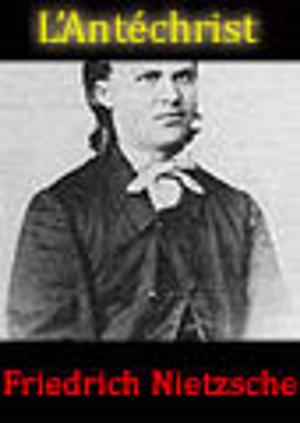The Scholastic Project
Hierocratical Conceptions and Danish Hegemony in the Thirteenth Century
Nonfiction, History, Medieval, Religion & Spirituality, Theology, Christianity| Author: | Clare Monagle | ISBN: | 9781942401230 |
| Publisher: | Arc Humanities Press | Publication: | January 18, 2017 |
| Imprint: | Arc Humanities Press | Language: | English |
| Author: | Clare Monagle |
| ISBN: | 9781942401230 |
| Publisher: | Arc Humanities Press |
| Publication: | January 18, 2017 |
| Imprint: | Arc Humanities Press |
| Language: | English |
This is a somewhat polemical, and very passionate, plea for more work not only about the house that scholasticism built, but those who were excluded from it. This book is the story of how scholastic theology defined this universal subject in terms of the reasonable white man and a catalogue of the exclusions which ensued. The categories of woman, Jew and heretic were core others against which ideal Christian subjectivity was implicitly defined, and this book shows just how constitutive these 'others' were for the production of orthodoxy in the Middle Ages.
This is a somewhat polemical, and very passionate, plea for more work not only about the house that scholasticism built, but those who were excluded from it. This book is the story of how scholastic theology defined this universal subject in terms of the reasonable white man and a catalogue of the exclusions which ensued. The categories of woman, Jew and heretic were core others against which ideal Christian subjectivity was implicitly defined, and this book shows just how constitutive these 'others' were for the production of orthodoxy in the Middle Ages.


